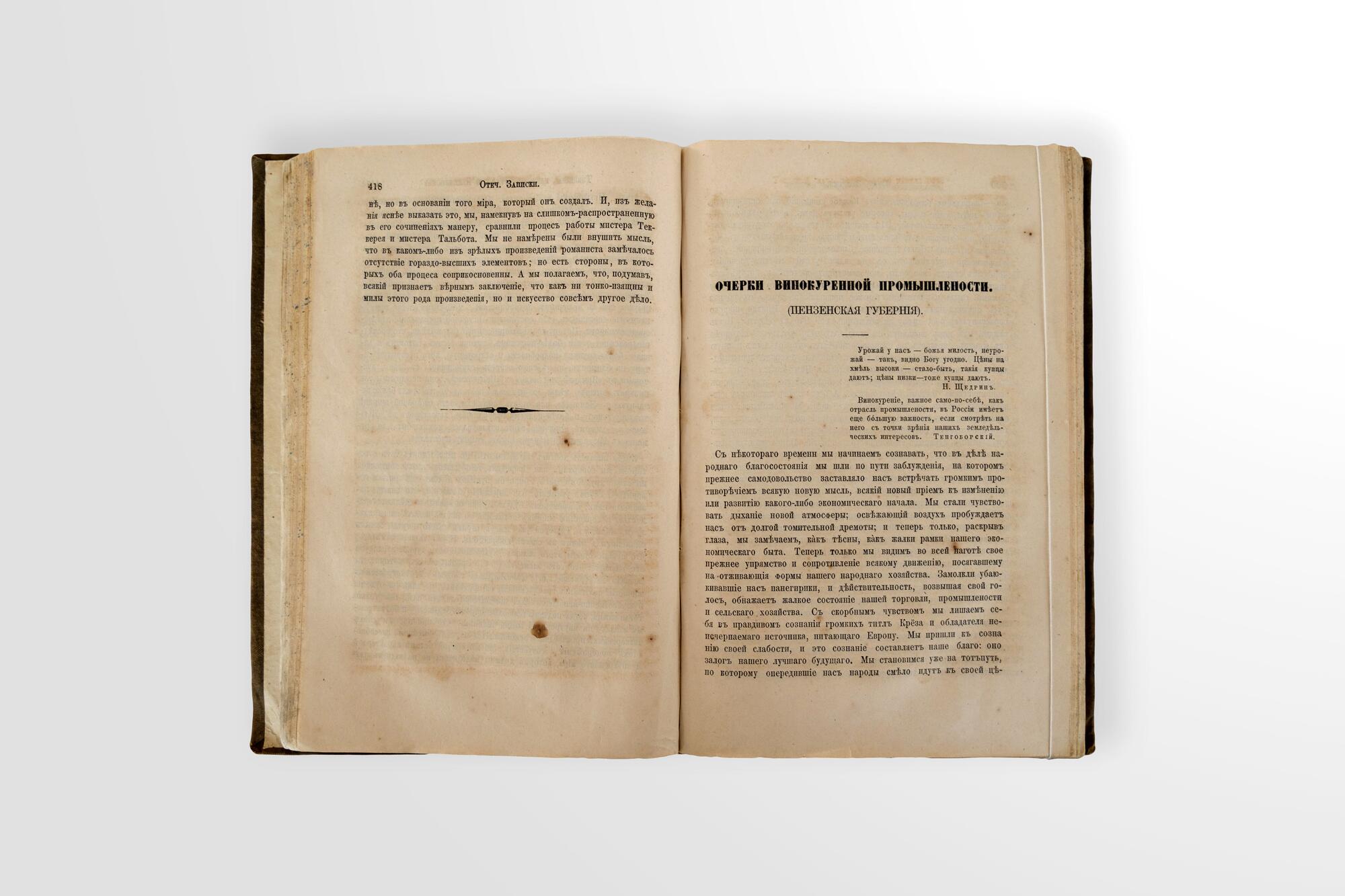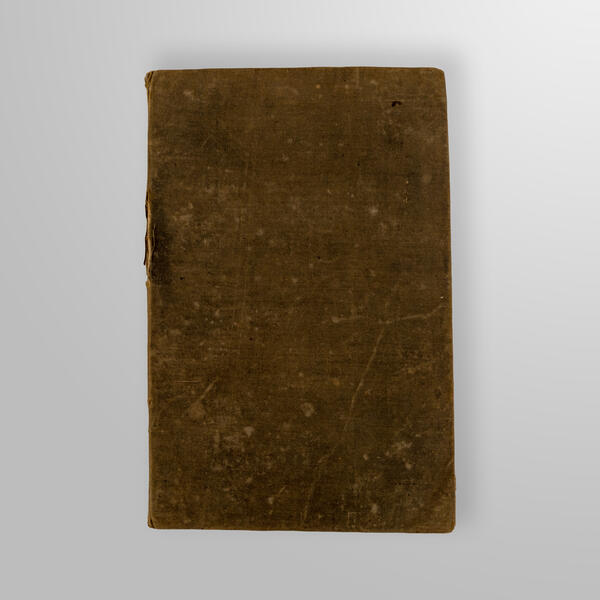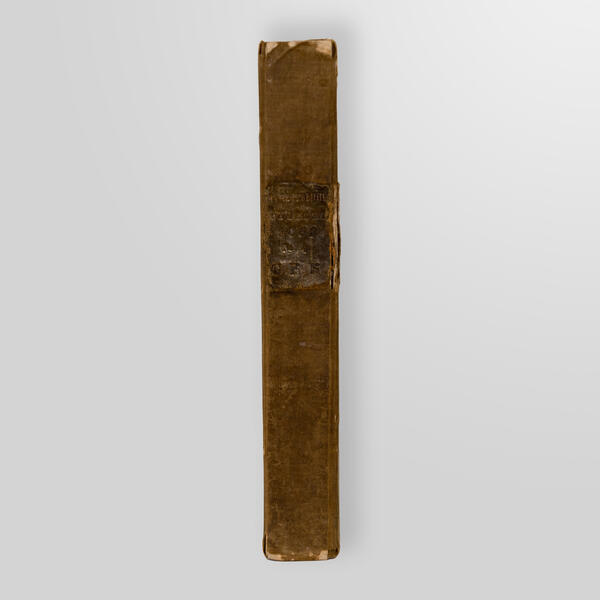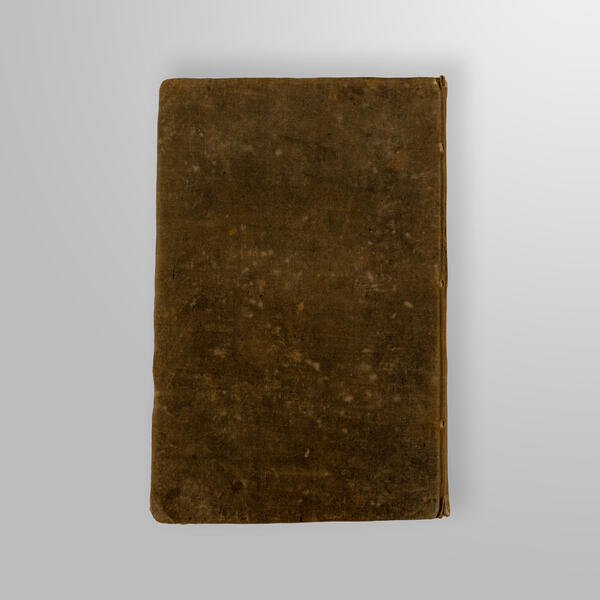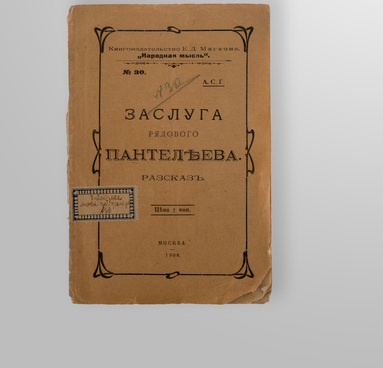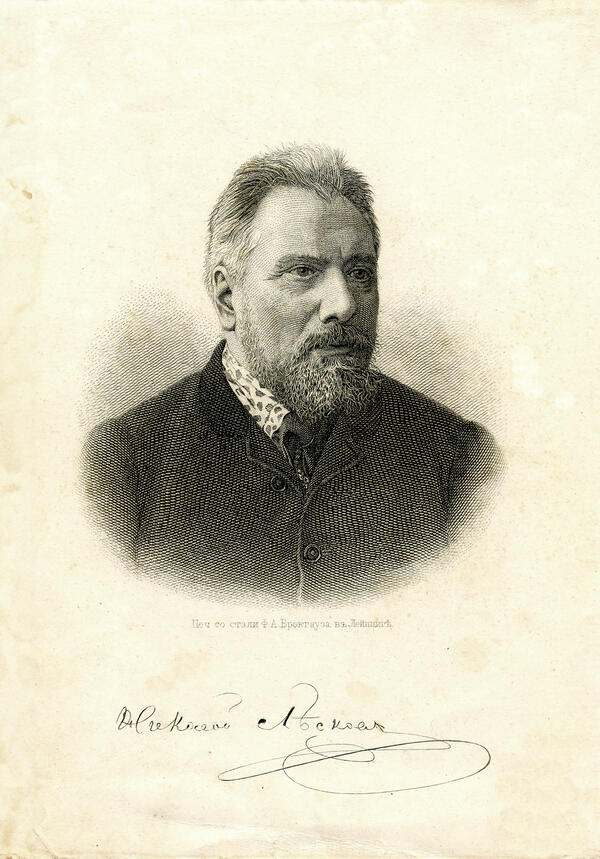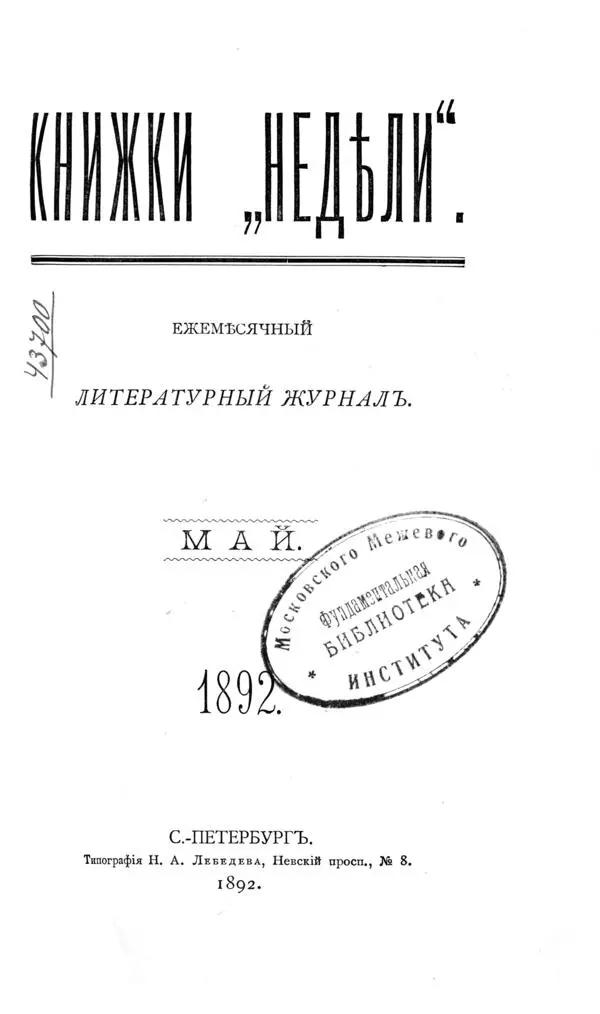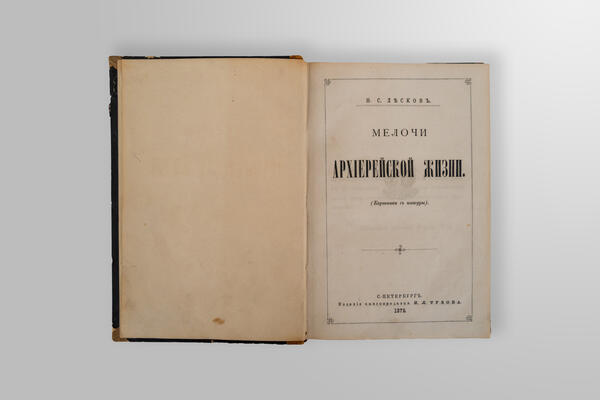Nikolai Leskov (1831–1895) began his literary career relatively late. The writer’s son Andrey wrote that his father “did not even consider becoming a writer for almost half his life.”
Born in the village of Gorokhovo, Oryol Uyezd, Nikolai Leskov managed to get only a two-year graduation certificate in five years at the local lyceum and seemed not to have great potential. He began his professional career as a public official in Oryol and later as a governorate secretary in Kiev. Between 1850 and 1857, Nikolai Leskov attended lectures at the Kiev Imperial University as a non-matriculated student. During that time, he became interested in sociology, literature, philosophy, and political economy.
In 1857, Leskov quit his job and joined the private trading company “Scott & Wilkins” managed by Alexander Scott, his maternal aunt’s British husband. Traveling extensively throughout Russia, Nikolai Leskov acquired knowledge in various aspects of agriculture and industry and became familiar with the speech and everyday life of people in different regions, and the life of serfs.
From his trips, Nikolai Leskov sent Alexander Scott letters in which he reported progress and shared his observations and impressions. According to Andrey Leskov, this was the period when the future writer was “transforming into an economist and ethnographer”. Scott’s neighbor, Fyodor Selivanov, took interest in Leskov’s letters, “started asking for them, read them, and found them ‘print-worthy’.”
Leskov’s first major work was inspired by the “anti-alcohol riots” of 1859 which took place all across Russia, including the Penza Governorate. In April 1861, the essay appeared in Otechestvennye Zapiski (Notes of the Fatherland).
In that essay, Leskov explored not only the wine industry but also agriculture and cattle breeding. Leskov supported his ideas with statistical data and argued that it was irrational to grant privileges to governors and noblemen who were far from farming at the expense of peasants whose entire life was farming.
The writer accompanied the publication with a
handwritten note,
